a. CHOOSE TOPICS FROM YOUR SUMMARIES
AND COMPARE TO YOUR COUNTRY
british/catalan schools, british/ spanish royal family...
- The british school day starts between eight thirty and nine o'clock. A lot of people, catches the school bus. People travel to school using many different kinds of transport.
After break it's back to work.
After lunch it's back to the classroom. Students also study art, music and PE. Students have homework every day.
- The catalan school day starts between nine o'clock. Some people, catches the car or bicycle.
After break it's back to work.
After lunch it's back to the classroom. Students study: catalan, spanish, english,
b.PREPARE AN ORAL PRESENTATION
c.YOU CAN USE A POWERPOINT WITH IMAGES TO ILLUSTRATE IT.
d.SEARCH THE NET FOR INFORMATION
e. podcast/record YOUR PRESENTATION
AND FINALLY UPLOAD IT TO YOUR BLOG!
are you a fast finisher? extra points for you:
BRITISH CULTURE TREASURE HUNT
Answer the questions in your blog
Thursday 14 April 2011
Thursday 7 April 2011
Healthcare unit 9
 Health care is the diagnosis, treatment and prevention of disease, illness, injury, and other physical and mental impairments in humans. Health care is delivered by practitioners in medicine, chiropractic, dentistry, nursing, pharmacy and allied health.
Health care is the diagnosis, treatment and prevention of disease, illness, injury, and other physical and mental impairments in humans. Health care is delivered by practitioners in medicine, chiropractic, dentistry, nursing, pharmacy and allied health.Most of the time we feel well. We can play sports, go to work and enjoy our lives. But sometimes we don't feel well. What happens then?
We can go to the National Health Service, the NHS. You can get a prescripion from a doctor. Doctors work in sugeries or health centres. The doctor examines you first to find out what's wrong. Then they can write you a prescription for medicine to cure you.
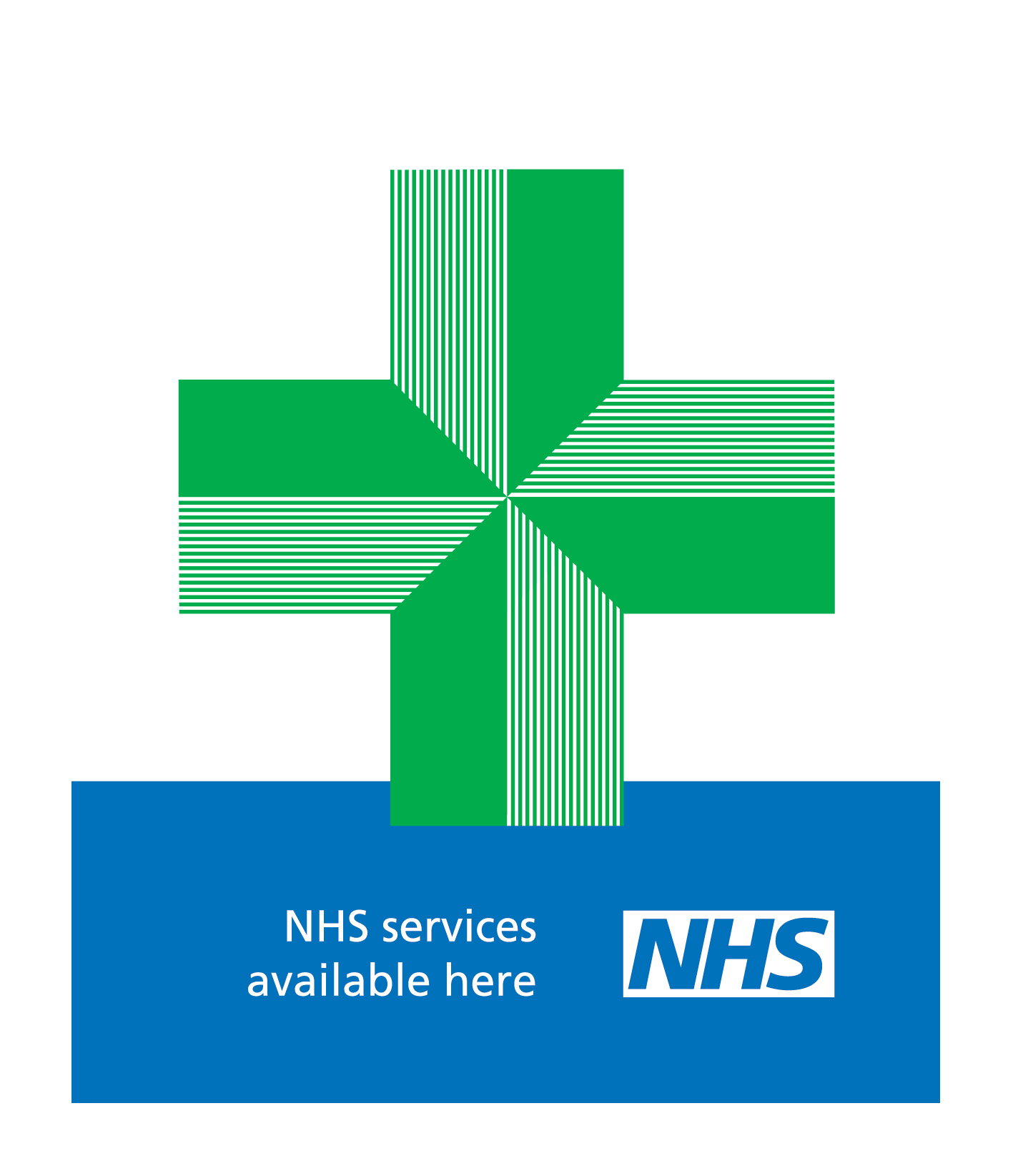
The NHS also provides Walk-in Centres in More than 60 locations in Britain. You can go in and wait until a doctor is available to treat you.
For accidents or emergencies you should go to a hospital which has got a specific Accident an Emergencies department.
But many people prefer alternative medicine. For exemple: Chinese herbs - These are completely natural medicine. Acupuncture - a Chinese technique using needles placed carefully in the body. Osteopathy - where the doctor manipulates bones and muscles.
In conclusion the best way to avoid getting ill is to have a healthy diet, get lots of exercise and take good care of yourself. You shouldn't then need to use the healthcare system at all!
Thursday 31 March 2011
Computers unit 8
 What is a computer?
What is a computer?A computer is a programmable machine designed to sequentially and automatically carry out a sequence of arithmetic or logical operations. The particular sequence of operations can be changed readily, allowing the computer to solve more than one kind of problem. Conventionally a computer consists of some form of memory for data storage, at least one element that carries out arithmetic and logic operations, and a sequencing and control element that can change the order of operations based on the information that is stored. Peripheral devices allow information to be entered from external source, and allow the results of operations to be sent out.
Computers are a very important part of our lives. They tell us about delays to transport. Did you know that 60% of homes in Britain have got a PC?
For many young people, playing computer games is their favourite way of spending spare time.
Computers are a very important for libraries, the police station and in school.
the smart home is now a real possibility. It become very common. Many homes have got lots of televisions and several computers.
 The smart home will provide TV and Internet sockets in every room so you'll be able to do what you want wherever you want.
The smart home will provide TV and Internet sockets in every room so you'll be able to do what you want wherever you want.If the temperature outside changes, the smart home will adujust temperature levels inside. It's fantastic!!!
In a survey, 44 per cent of young people between 11 and 16 said their PC was a trusted friend. 20% said they were happier at their computer than spending time with family of friends. In conclusion, the computers are great and very interesting.
Thursday 24 March 2011
Transport in London Unit 7
 London is the capital of England and the United Kingdom, the largest metropolitan area in the United Kingdom and the largest urban zone in the European Union by most measures.
London is the capital of England and the United Kingdom, the largest metropolitan area in the United Kingdom and the largest urban zone in the European Union by most measures.With increasing industrialisation, London's population grew rapidly throughout the 19th and early 20th centuries. Its population peaked at 8,615,245 in 1939 immediately before the outbreak of the Second World War. There were an estimated 7,556,900 official residents in Greater London as of mid-2007.
We're going to follow Freddie as he explores all the different kinds of transport in London. He's a television researcher and he starts out from his home on his bicycle.He liaves his bike at the station and gets on a train. 1.8 million people travel into the centre of London by train every day.
The next part of Freddie's journey is on another kind of train called the Docklands Light Railway. For many people the jouney by train takes them to a convenient Underground station.
Freddie catches a bus for the last part of his journey, London has now got double-length buses- called "bendy buses".

People use lots of other forms of transport in London. Some people use boats on the River Thames to go to work. There is one kind of transport that isn't very good in London - and that's the car. They move slowly because there is too much traffic.
So that was today. What's Freddie doing tomorrow? He's doing the same journey all over again to find out more.
Thursday 17 March 2011
Maritime history Unit 6
 Britain has a very important history of ships and the sea. The British Navy was the biggest navy in the world at one time. In Liverpool there is a great museum of maritime history. It's got several ships in he docks outside.
Britain has a very important history of ships and the sea. The British Navy was the biggest navy in the world at one time. In Liverpool there is a great museum of maritime history. It's got several ships in he docks outside.
Between 1830 and 1930 more than nine million people from all over Europe left from the cort of Liverpool to start a new life in America or Australia.The most famous ship was probably the Titanic. It sank in 1912 and 1,500 people drowned. It was the worst disaster in maritime history.

Other famous ship was the Queen Mary 2, which crosses the Atlantic from Southampton to New York. These containers, are packed with clothes, television sets, computers furniture and toys. Here at theat the Southampton Container Terminal (S.C.T) they unload more than one and a half million containers each year. So the sea still plays a very important part in life in Britain.
Who constructed the Titànic:
Titanic was built at the Harland and Wolff shipyard in Belfast, in the UK, and designed to compete with the rival Cunard Line's Lusitania and Mauretania. Were intended to be the largest, most luxurious ships ever to operate. The designers were Lord Pirrie, a di
 rector of both Harland and Wolff and White Star, naval architect Thomas Andrews, Harland and Wolff's construction manager and head of their design departmen. Carlisle's responsibilities included the decorations, the equipment and all general arrangements, including the implementation of an efficient lifeboat davit design. Carlisle would leave the project in 1910, before the ships were launched, when he became a shareholder in Welin Davit & Engineering Company Ltd, the firm making the davits.
rector of both Harland and Wolff and White Star, naval architect Thomas Andrews, Harland and Wolff's construction manager and head of their design departmen. Carlisle's responsibilities included the decorations, the equipment and all general arrangements, including the implementation of an efficient lifeboat davit design. Carlisle would leave the project in 1910, before the ships were launched, when he became a shareholder in Welin Davit & Engineering Company Ltd, the firm making the davits.
Thursday 10 March 2011
Horror stories Unit 5
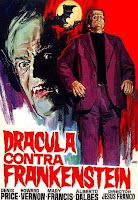 -People like to be scared. They love reading horror stories and watching horror movies. The first horror story was publishen by an english writer: Mary Shelley in 1818 - Frankenstein.
-People like to be scared. They love reading horror stories and watching horror movies. The first horror story was publishen by an english writer: Mary Shelley in 1818 - Frankenstein.The other horror story was Dracula, created in 1897 by the Irish writer Bram Stoker. Dracula contra Frankenstein was made by the Spanish director Jesús Franco in 1970.
-Bram Stoker got the idea for Dracula while he was sitting in Highgate Cemetery in North London.
Dracula is so popular that visitor to London can go on a guided Dracula tour. The tours usually take place just when it's getting dark...
Dracula: Dracula has been assigned to many literary genres including vampire literature, horror fiction, the gothic novel and invasion literature. Structurally it is an epistolary novel, that is, told as a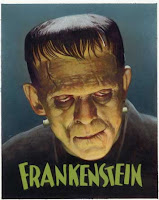 series of letters, diary entries, ships' logs, etc.
series of letters, diary entries, ships' logs, etc.
Frankenstein: Frankenstein, is a novel written by Mary Shelley. The novel was published when she was twenty-one. The first edition was published anonymously in London in 1818. Shelley's name appears on the second edition, published in France. A common misconception in modern society is to refer to the monster itself as "Frankenstein", but in the novel the monster is identified: "monster", "fiend", "wretch", "vile insect", "daemon", and "it"; Shelley herself called it "Adam".
-Bram Stoker got the idea for Dracula while he was sitting in Highgate Cemetery in North London.
Dracula is so popular that visitor to London can go on a guided Dracula tour. The tours usually take place just when it's getting dark...
Dracula: Dracula has been assigned to many literary genres including vampire literature, horror fiction, the gothic novel and invasion literature. Structurally it is an epistolary novel, that is, told as a
 series of letters, diary entries, ships' logs, etc.
series of letters, diary entries, ships' logs, etc.Frankenstein: Frankenstein, is a novel written by Mary Shelley. The novel was published when she was twenty-one. The first edition was published anonymously in London in 1818. Shelley's name appears on the second edition, published in France. A common misconception in modern society is to refer to the monster itself as "Frankenstein", but in the novel the monster is identified: "monster", "fiend", "wretch", "vile insect", "daemon", and "it"; Shelley herself called it "Adam".
Thursday 17 February 2011
The law Unit 4
 Scotland Yard is often used as a metonym the Metropolian police service of London, UK. It derives from the location of the original Metropolitan Police headquarters at 4 Whitehall Place, which had a rear entrance on a street called Great Scotland yard. The Scotland Yard entrance became the public entrance to the police station.
Scotland Yard is often used as a metonym the Metropolian police service of London, UK. It derives from the location of the original Metropolitan Police headquarters at 4 Whitehall Place, which had a rear entrance on a street called Great Scotland yard. The Scotland Yard entrance became the public entrance to the police station.The most famous police station in Britain is New Scotland Yard in London, but there are police stations all over the country. They've all got a blue light outside to show they are police stations. We visited a new police station in Lewisham. A suspected a criminal is being charged with a crime.
Suspects can be kept in the cells at the police station for several hours. This suspect spent a whole night in the cells.
Next day he went to court. Here three magistrates listen to evicence from the police and witnesses.
The police are the most obvious part of the law in Britain. Their job is to make sure that people don't break the law and to catch them when they do. Forensic scientists provide the evidence that helps the courts decide whether a suspect is guilty of a crime or not. The courts then decide on the sentence.
Suspects can be kept in the cells at the police station for several hours. This suspect spent a whole night in the cells.
Next day he went to court. Here three magistrates listen to evicence from the police and witnesses.
The police are the most obvious part of the law in Britain. Their job is to make sure that people don't break the law and to catch them when they do. Forensic scientists provide the evidence that helps the courts decide whether a suspect is guilty of a crime or not. The courts then decide on the sentence.
Thursday 10 February 2011
Supermarkets unit 3
 A supermarket, a form of grocery store, is a self-service store offering a wide variety of food and household merchandise, organized into departments. It is larger in size and has a wider selection than a traditional grocery store, also selling items typically found in a convenience store. Supermarkets are an important part of daily life in Britain. The five biggest supermarkets sell 80% of all groceries. Tesco is the biggest he sell food, drinks, clothes...
A supermarket, a form of grocery store, is a self-service store offering a wide variety of food and household merchandise, organized into departments. It is larger in size and has a wider selection than a traditional grocery store, also selling items typically found in a convenience store. Supermarkets are an important part of daily life in Britain. The five biggest supermarkets sell 80% of all groceries. Tesco is the biggest he sell food, drinks, clothes...In the larger supermarkets you can buy just about anything. And while they are there with their car, customers can buy petrol too. There are many more supermarkets now than j20 years ago. A lot of people now use online shopping. It's becoming a very popular way to shop.
But not everyone likes supermarkets. Small shops in towns and villages are closing because supermarkets can sell the same things cheaper. Many supermarkets are poen 24 hours a day and seven days a week. But not on Sundays when shops can only open for five hours. That's enough for most people! But you can still shop online.

Thursday 3 February 2011
Soap opera unit 2

 A soap opera, sometimes called "soap" for short, is an ongoing, episodic work of dramatic fiction presented in serial format on television or radio. The name soap opera stems from the original dramatic serials broadcast on radio that had soap manufacturers such as Procter & Gamble, Colgate-Palmolive and Lever Brothers as sponsors and producers.
A soap opera, sometimes called "soap" for short, is an ongoing, episodic work of dramatic fiction presented in serial format on television or radio. The name soap opera stems from the original dramatic serials broadcast on radio that had soap manufacturers such as Procter & Gamble, Colgate-Palmolive and Lever Brothers as sponsors and producers.The most popular British soap operas are Eastenders and Coronation Street. They even buy soap opera magazines. These contain previews of the next week¡s shows, so that fans can find out what's going to happen next.
Eastenders is set in the east end of London and has been broadcast since 1985. Coronation is the odest soap. It was first broadcast in 1960.
As well as showing everyday life in the village there are sometimes special episodes.
Thursday 27 January 2011
Scotland unit 1
 Scotland is a country that is part of the United Kingdom. Occupying the northern third of the island of Great Britain.
Scotland is a country that is part of the United Kingdom. Occupying the northern third of the island of Great Britain.There are four main regions i Britain: England, Northern Ireland, Wales and Scotland.
Scotland is in the north of Britain and has got wild, mountainous countryside in the Highlands. The majority of Scottish people live in Edinburgh and Glasgow.
Although Scotland is a part of Britain it's got its own parliament, a different education system and different laws.
The unusual instrument known as the bagpipes is also a part of Scottish tradition. Sport is very important in Scotland.
Most of Scotland's income is from tourism. Millions of visitors come each year. People say there's a monster there, and Scotland's a wild place, so... who knows...?

Wednesday 26 May 2010
Oral Presentation
This is my oral presentation:
Evaluation of my oral presentation
I talked about W.W.F. I d'ont use a Power point. I was nervous and read often. But in the end I think I did well.
I spoke:
Hi, my name is Ferran Veciana and I'm 12 years old. Today I'm talking about Worldwoide Fund for Nature, first I'm going to talk about animal extintions:
People love animals but some of the world's animals are in danger of extinction. In some parts of the world people collect rhino horn for use in medicine and Shark's fin soup is a favourite in many restaurants. Another big problem is the rainforests. This is removing the habitat of many animals, like these gorillas, birds and plants. The worldwide Fund for Nature is an international organization. It started in Britain in 1961 and has now gat a global network in 90 countries.
Evaluation of my classmates
Jordi M: He talking about W.W.F. He read often, but thats good.
Julia M: She talking about the sports. Thats good.
Francesc R: He talking about shopping. Thats good.
Andreu M: He talking about W.W.F. Thats good but read often.
Ivet: She talking about packet lunch, she read often but thats good.
Ferran I: He talking about food in Britain. He read a lot.
Evaluation of my oral presentation
I talked about W.W.F. I d'ont use a Power point. I was nervous and read often. But in the end I think I did well.
I spoke:
Hi, my name is Ferran Veciana and I'm 12 years old. Today I'm talking about Worldwoide Fund for Nature, first I'm going to talk about animal extintions:
People love animals but some of the world's animals are in danger of extinction. In some parts of the world people collect rhino horn for use in medicine and Shark's fin soup is a favourite in many restaurants. Another big problem is the rainforests. This is removing the habitat of many animals, like these gorillas, birds and plants. The worldwide Fund for Nature is an international organization. It started in Britain in 1961 and has now gat a global network in 90 countries.
Evaluation of my classmates
Jordi M: He talking about W.W.F. He read often, but thats good.
Julia M: She talking about the sports. Thats good.
Francesc R: He talking about shopping. Thats good.
Andreu M: He talking about W.W.F. Thats good but read often.
Ivet: She talking about packet lunch, she read often but thats good.
Ferran I: He talking about food in Britain. He read a lot.
Monday 26 April 2010
Weather and the seasons
 The weather is a very popular topic of conversation in Britain. That's because the weather changes a lot. Sixty-five per cent of all the days in Britain are overcast. When the weather is good, people complain that it's too hot.
The weather is a very popular topic of conversation in Britain. That's because the weather changes a lot. Sixty-five per cent of all the days in Britain are overcast. When the weather is good, people complain that it's too hot.The summer months are June, July and August when it can be very got. then the autumn are September, October, November - often has foggy, cold, wet days and the leaves fall from the trees.
The Met Office employs over a thousand people.They provide weather forecasts for radio, television and newspapers - and on the Internet.The trouble is weather changes very quickly and so nobody ever belives the weather f o recast. They still go out in their shorts and get wet! But at least it's something to talk about.
The Met Office employs over a thousand people.They provide weather forecasts for radio, television and newspapers - and on the Internet.The trouble is weather changes very quickly and so nobody ever belives the weather f o recast. They still go out in their shorts and get wet! But at least it's something to talk about.
Monday 19 April 2010
Libaris and reading
 British people read a lot. They read books, newspapers and magazines. Sixty-five % of British people list reading for pleasure as a major hobby.
British people read a lot. They read books, newspapers and magazines. Sixty-five % of British people list reading for pleasure as a major hobby.You can borrow Books, CDs, videos and DVDs. Some libraries even let you borrow computer games. The library the Great Britain it receives a copy of every book published in Britain and adds 3 million new items every year.
Monday 12 April 2010
Sports
 At the weekend in Britain, millions of people take part in some kind of sporting activity. Half of all men over 16 regularly participate in sport.
At the weekend in Britain, millions of people take part in some kind of sporting activity. Half of all men over 16 regularly participate in sport.Football is played in schools and as a leisure activity. Both girls and boys play.
Cricket is the main summer sport in Britain. Local teams play in towns and villages every Saturday and Sunday from April to September. Cricket is played between two teams of 11 people.
Tennis is another popular sport, especially in the summer after the famous Wimbledon Championships.
Other popular sports are golf, swimming, cycling and some more. But there is no doubt that for most people football is the national sport.
Woldwine Fund for Nature
 People love animals. But some of the world's animals are in danger of extinction. In some parts of the world people collect rhino horn for use in medicine. Shark's fin soup is a favourite in many restaurants. And many more.
People love animals. But some of the world's animals are in danger of extinction. In some parts of the world people collect rhino horn for use in medicine. Shark's fin soup is a favourite in many restaurants. And many more.Another big problem is the destruction of the rainforests. The number of animals in some species is now very small and they may not exist at all for much longer. The wolrd wide Fund for Nature is an international organization. It looks at all aspects of conservation including animals, plants, forestry and control of pollution.
Animals born in Britain are now bach in the Congo and Gabon in Africa. They are surviving and adapting successful to conditions there.
Monday 15 March 2010
Homes in britain
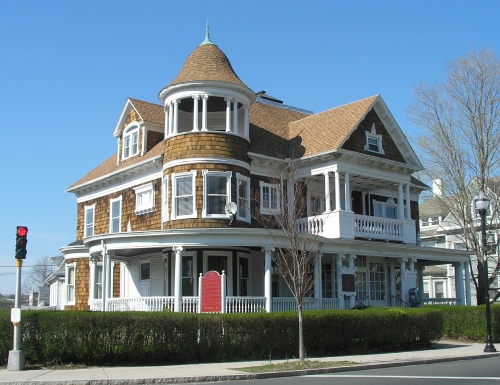 The 90% of the population live in towns. There are lots of different kinds of houses:
The 90% of the population live in towns. There are lots of different kinds of houses:-Terraced houses (are joined together)
-Flats
-castle
-semi detached
Some detached houses are very large but others can be quite small. Lots of people live in flats, especially in big towns and cities.
Houses in different parts of Britain can look very different. There are lots of regional variations because builders use local materials. Cottage is the name for a small house in the country.
British people spend a lot of time and money an their homes and gardens.
Monday 1 March 2010
Shopping
 People in Britain really like shopping. In a recent survey 56% of women between the ages of 16 and 40 described shopping as their main hobby.
People in Britain really like shopping. In a recent survey 56% of women between the ages of 16 and 40 described shopping as their main hobby.Traditional, local shops exist in some areas. They sell different things like food, medicines and cosmetics, clothes and books.
The Bluewater is near London. It's the largest shopping complex in Europe with over 330 different shops and thee big department stores. There are also 40 bars and restaurants and a thirteen-screen cinema. Many people never spend any money. It's a social event.
Monday 22 February 2010
The school day
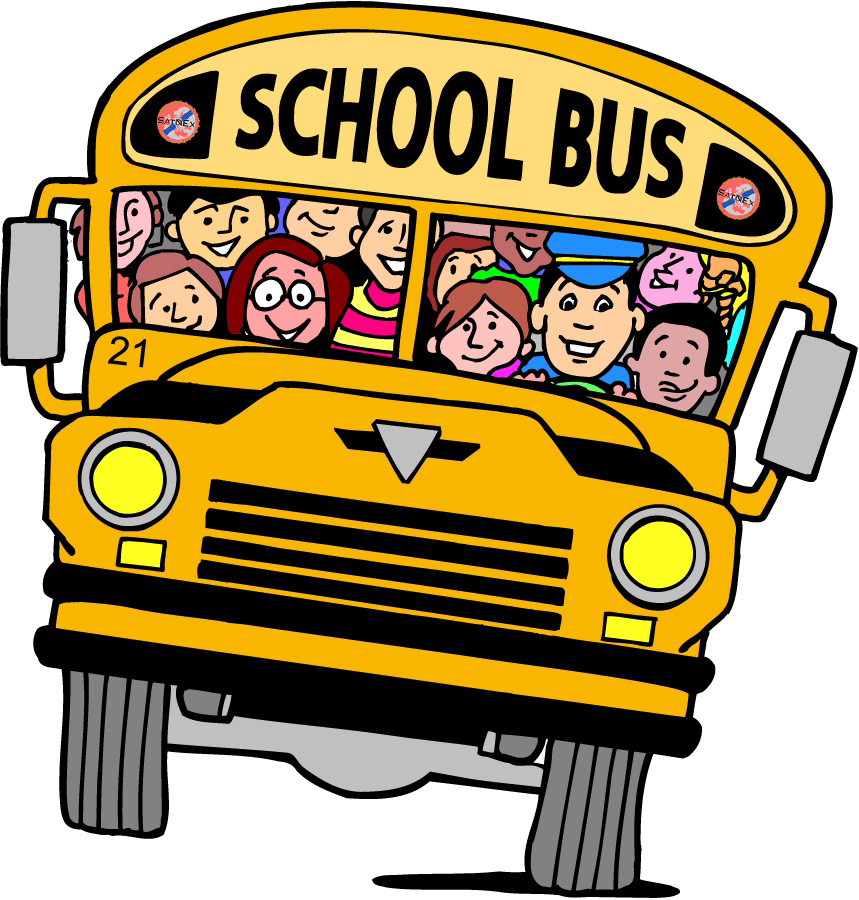 In this unit I learned things about the school day, this is an example:
In this unit I learned things about the school day, this is an example:The school day starts between eight thirty and nine o'clock. Sarah catches the school bus. People travel to school using many different kinds of transport.
After break it's back to work.
After lunch it's back to the classroom. Students also study art, music and PE. students have homework every day.
The packet lunch
 In this unit I learned thinks about a packet lunch, this is an example:
In this unit I learned thinks about a packet lunch, this is an example:Most schools in Britain provide hot meals and salads every day but many students prefer to take their own lunch to school.
A lot of chocolate, crisps, fatty foods and cola isn't good for people. But these foods are everyhere.
Their use a lunchbox.
Green machines have got lots of interesting snacks. There are cereal bars, organic crisps, yogurts, and the drinks in Green Machines are healthy as well.
The British Government is worried that many children are obese.
Monday 8 February 2010
The royal family
 In this unit I learned things about the Royal Family, this is an example:
In this unit I learned things about the Royal Family, this is an example:Queen Elizabeth the Second. The duke of Edinburgh. They've got four children. Their oldest son is Prince Charles, the Prince of Wales. His two sons are Prince William and Prince Harry.
The Queen lives in a Buckingham Palace. These soldiers guard the place.
The Royal Family's name is Windsor.
William was born in 1982, Harry in 1984. Prince Charles, Prince William and Prince Harry like to ride horses.
Princes William and Harry don't live in Buckingham Palace. It is difficult for the Royal Family to have private lives.
Subscribe to:
Posts (Atom)